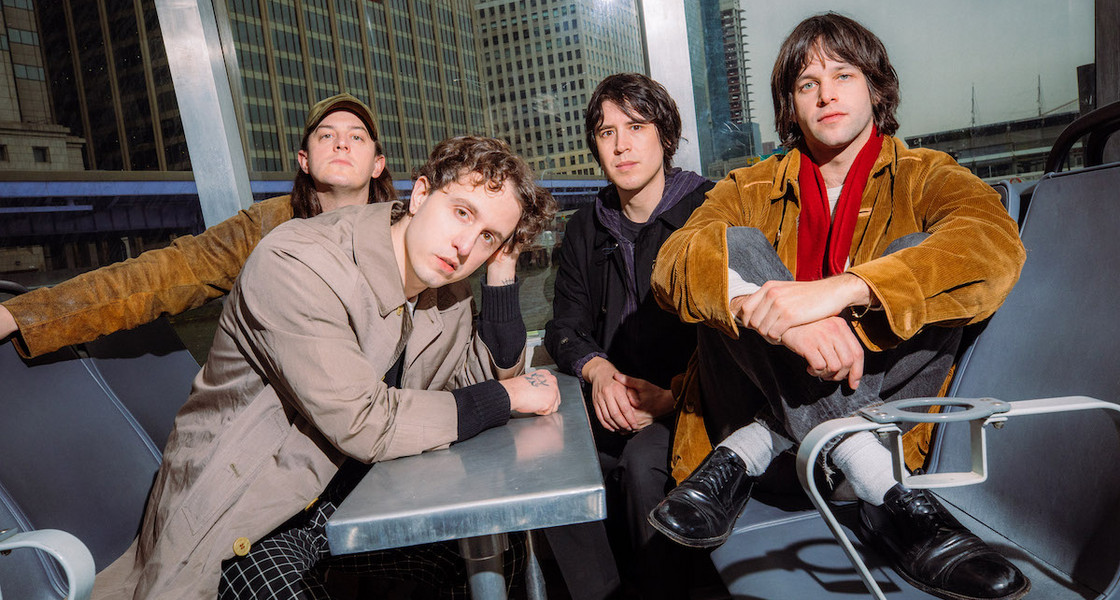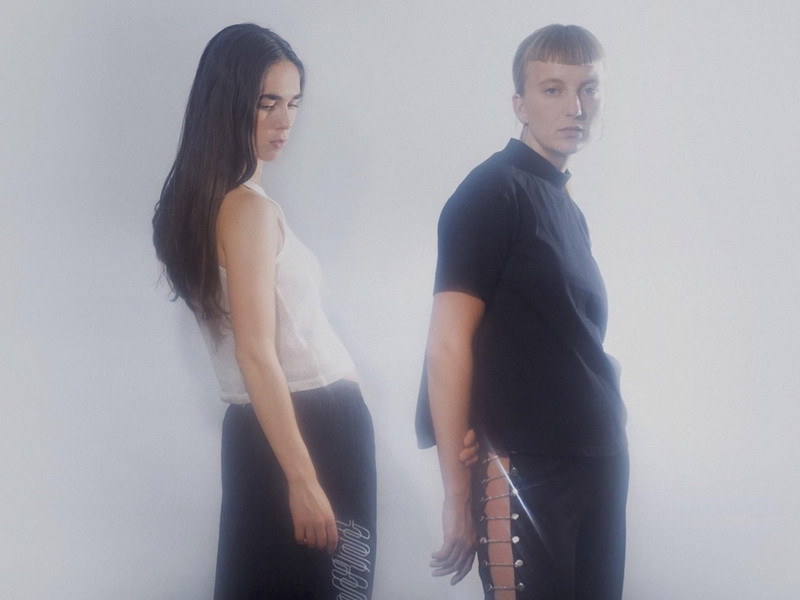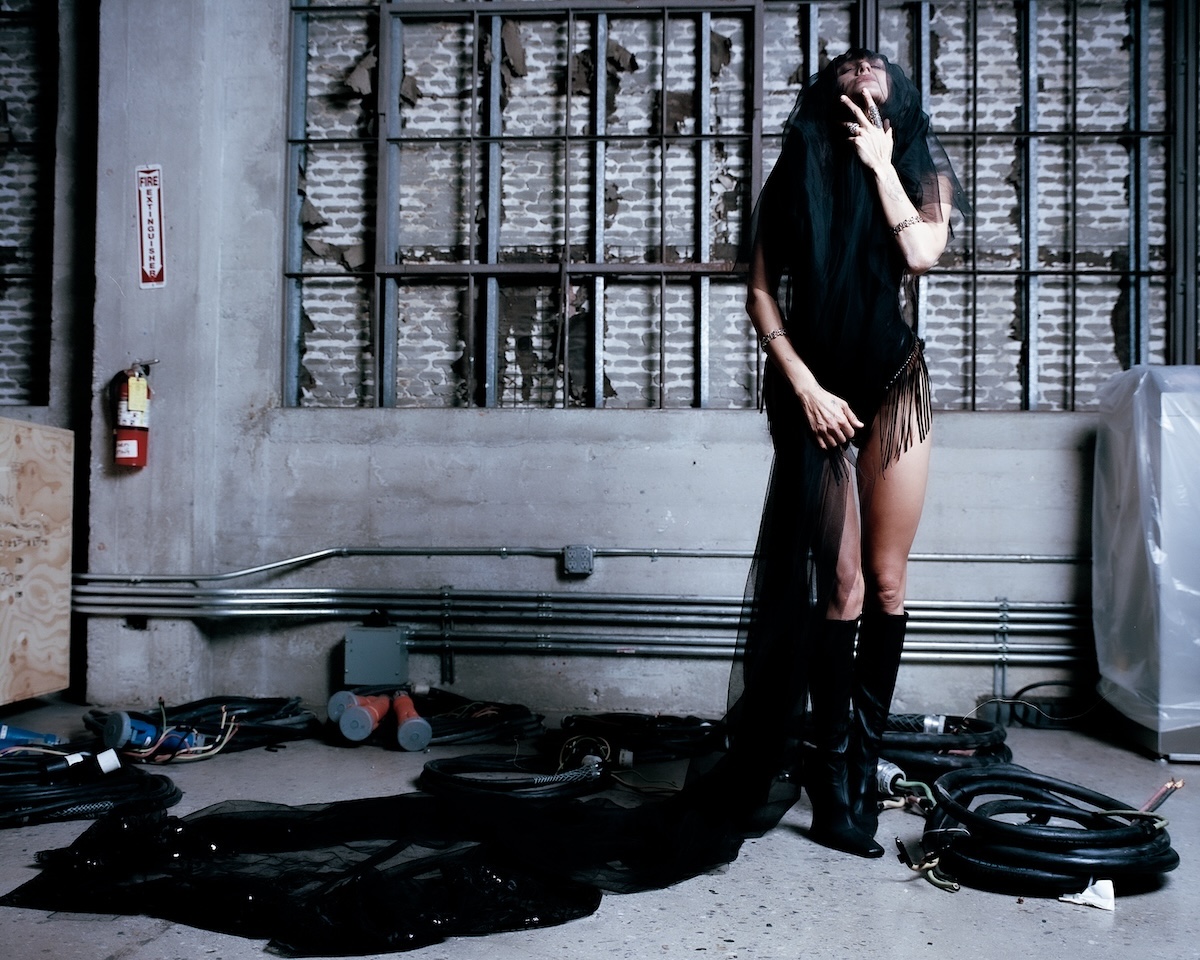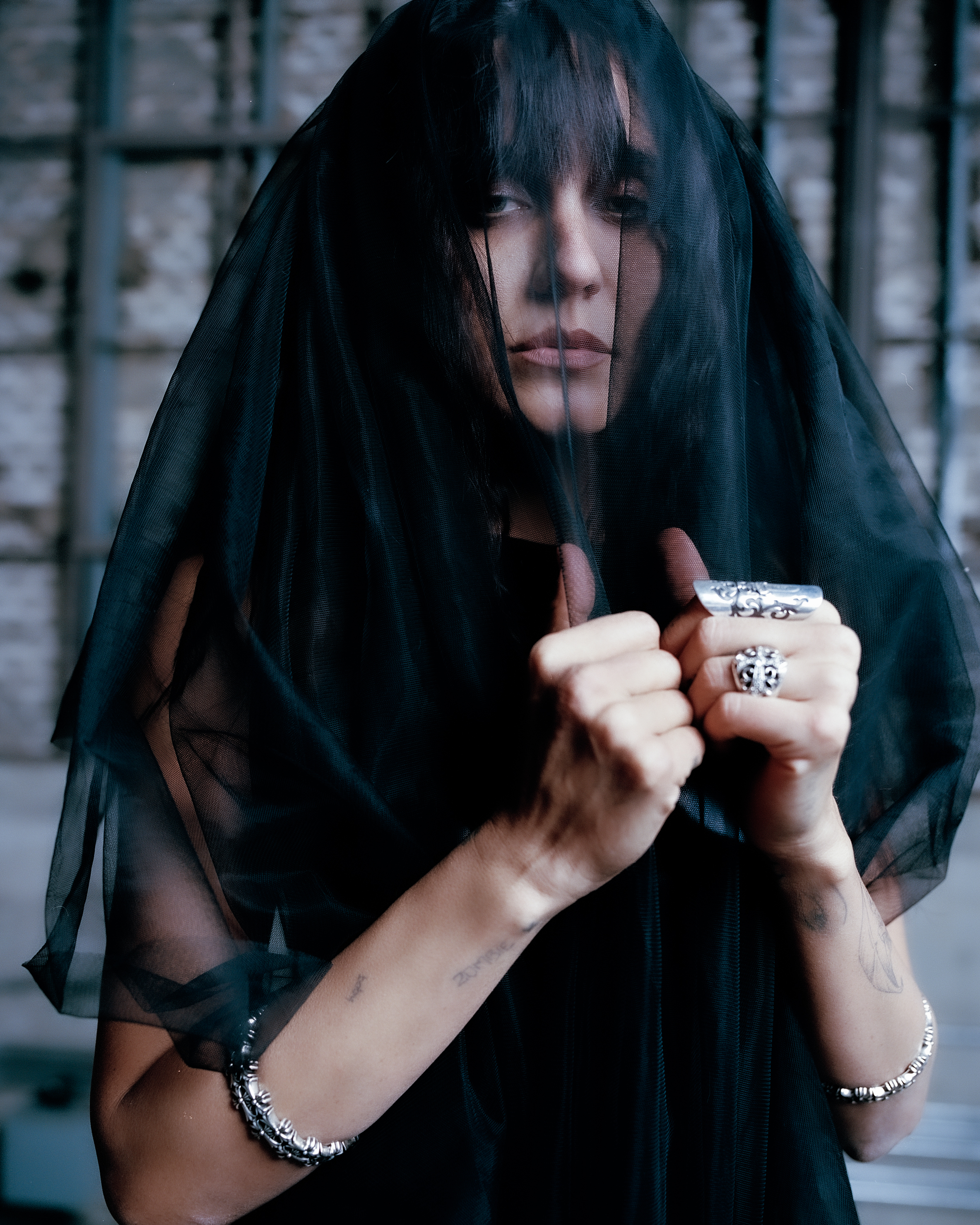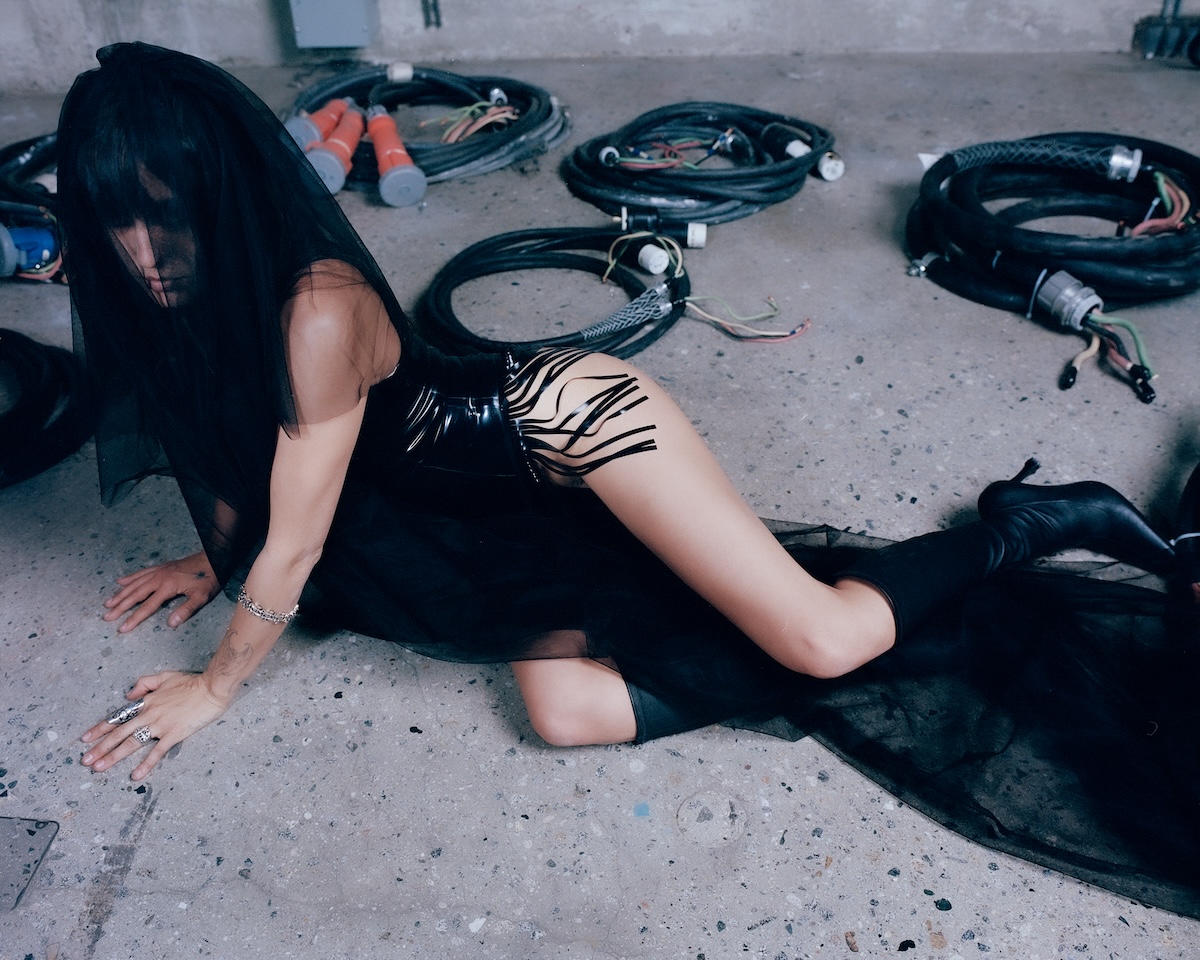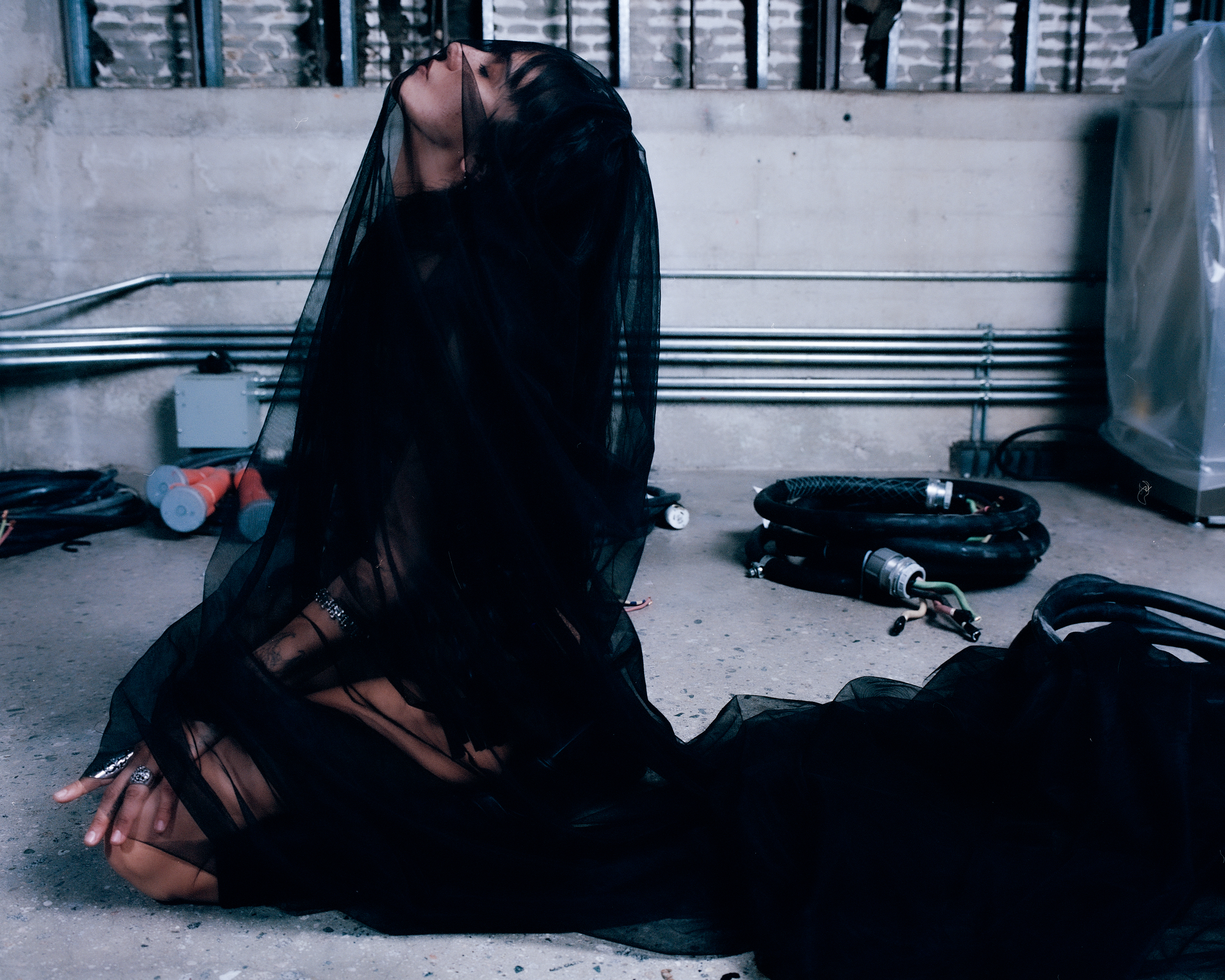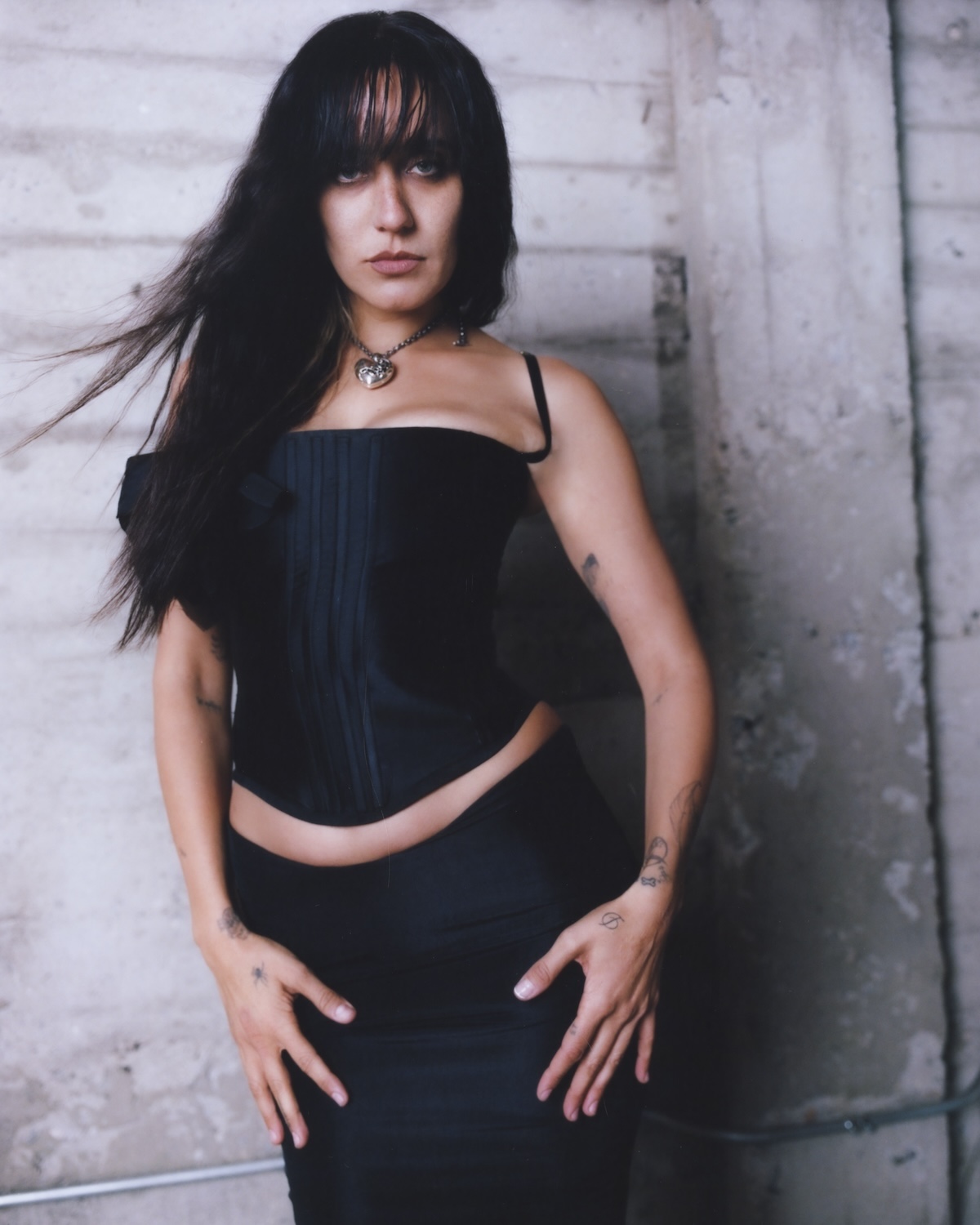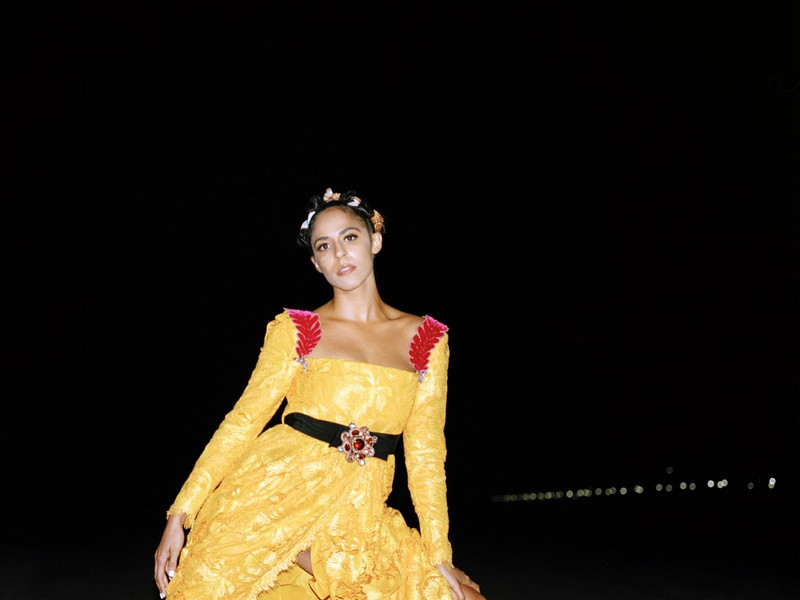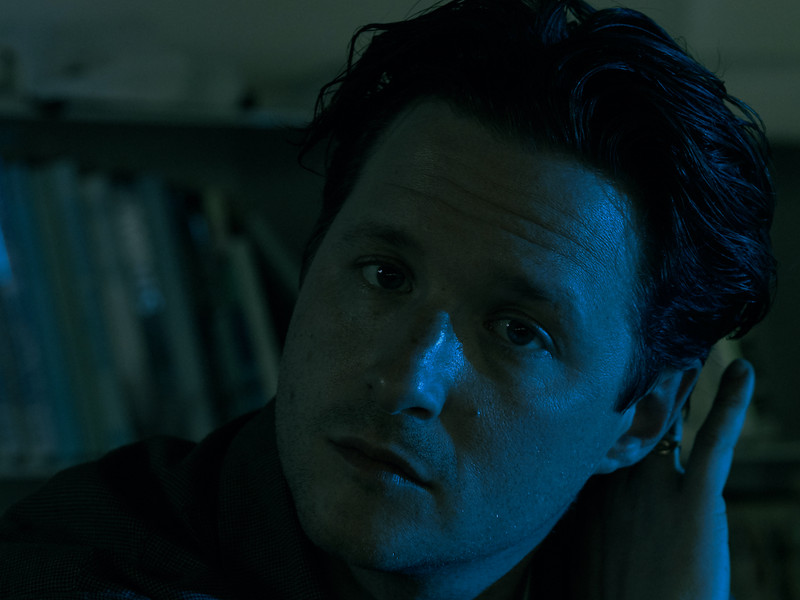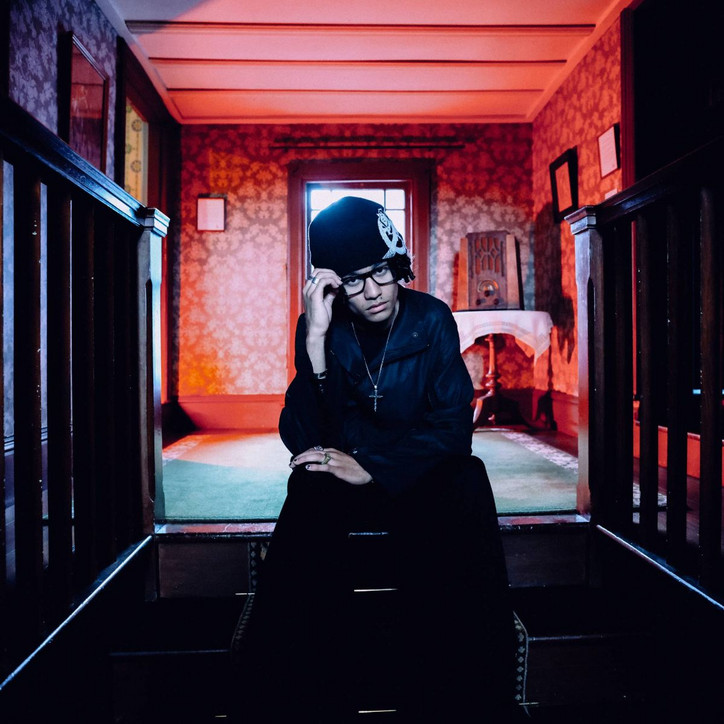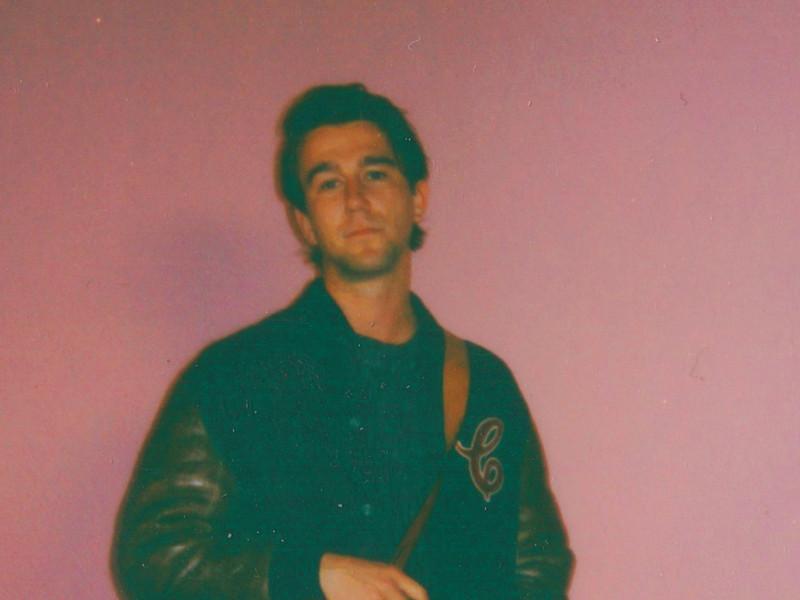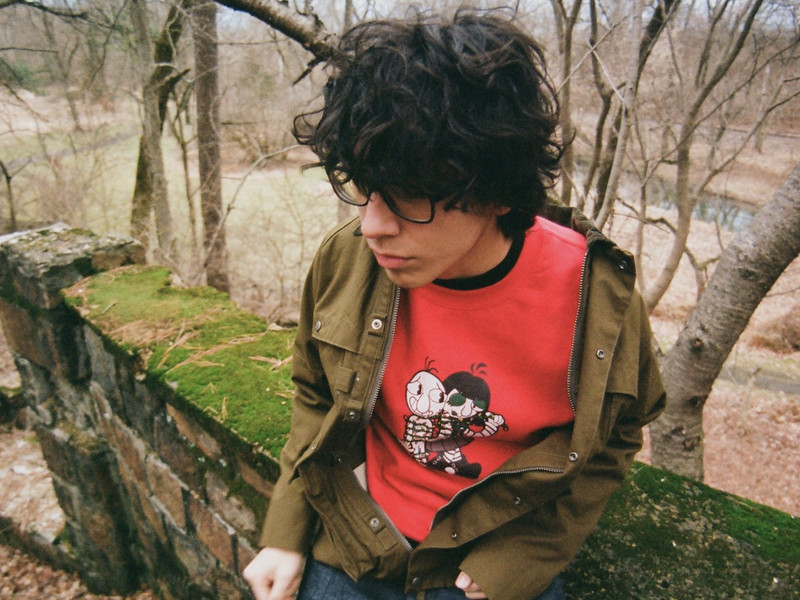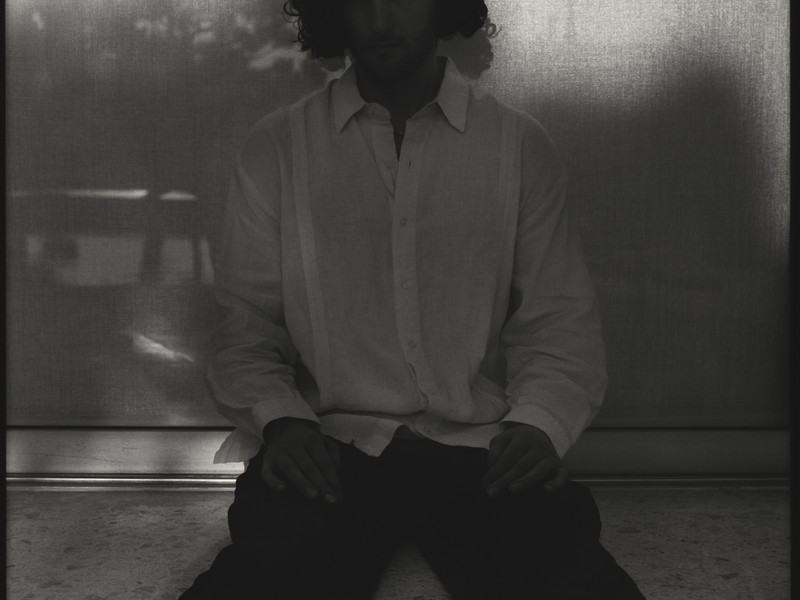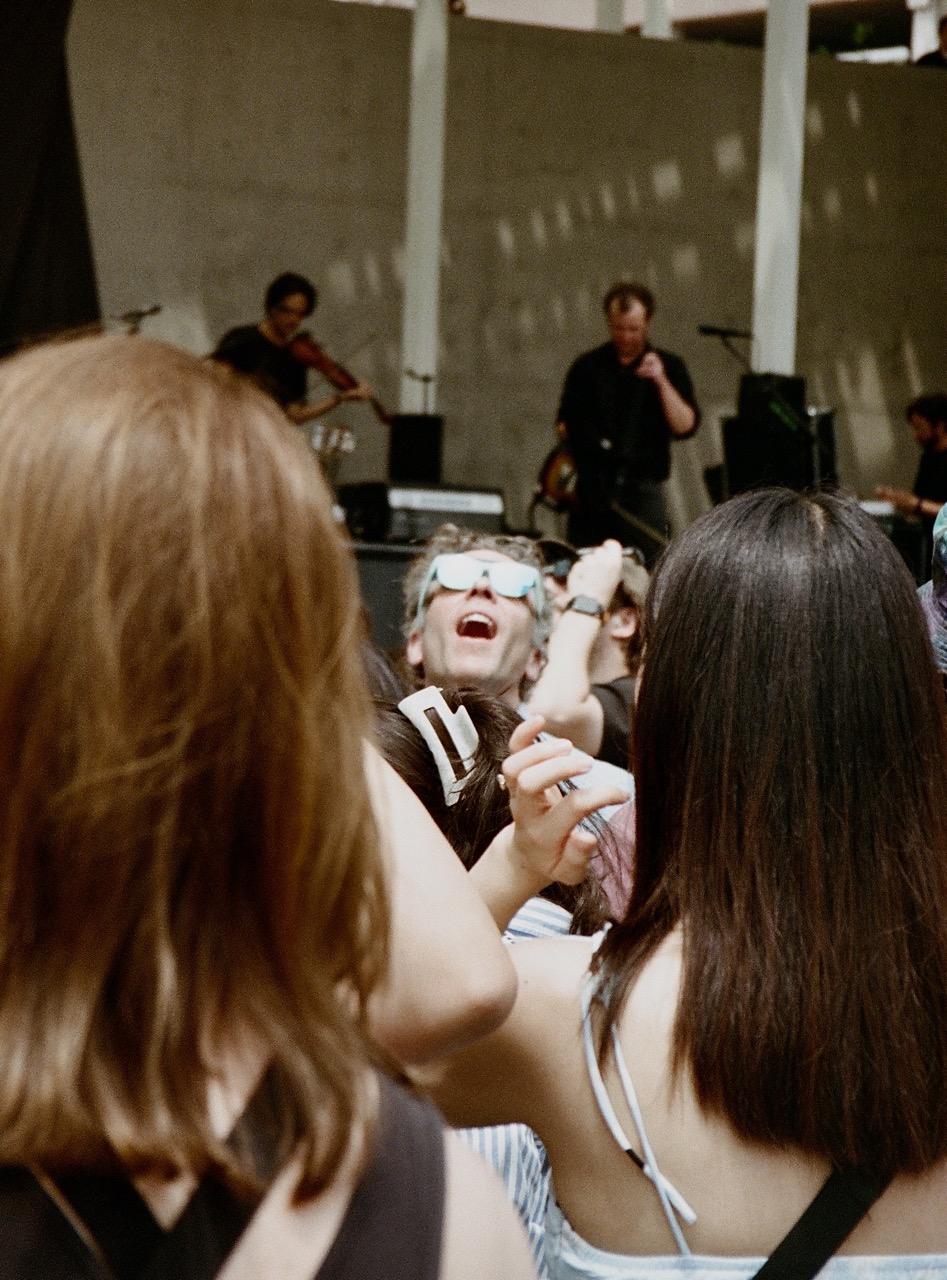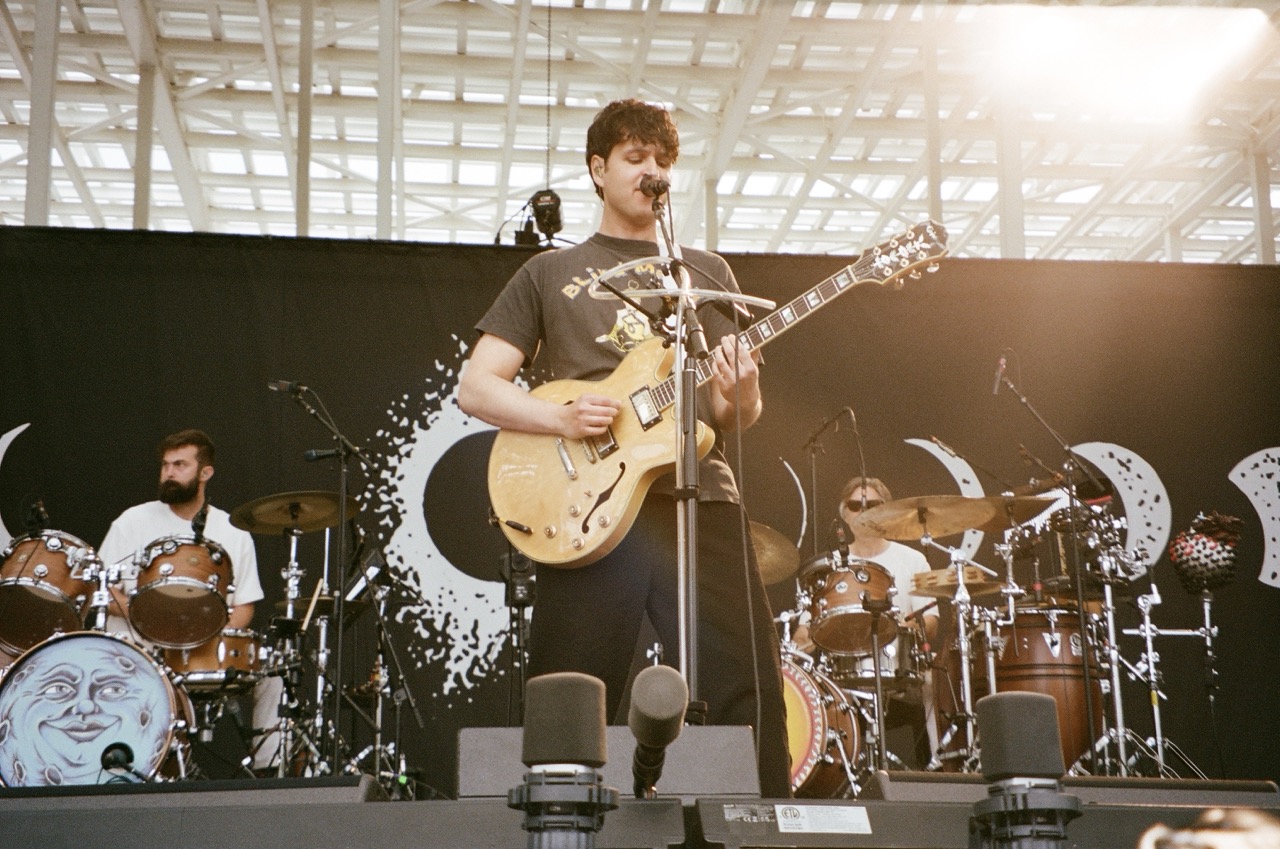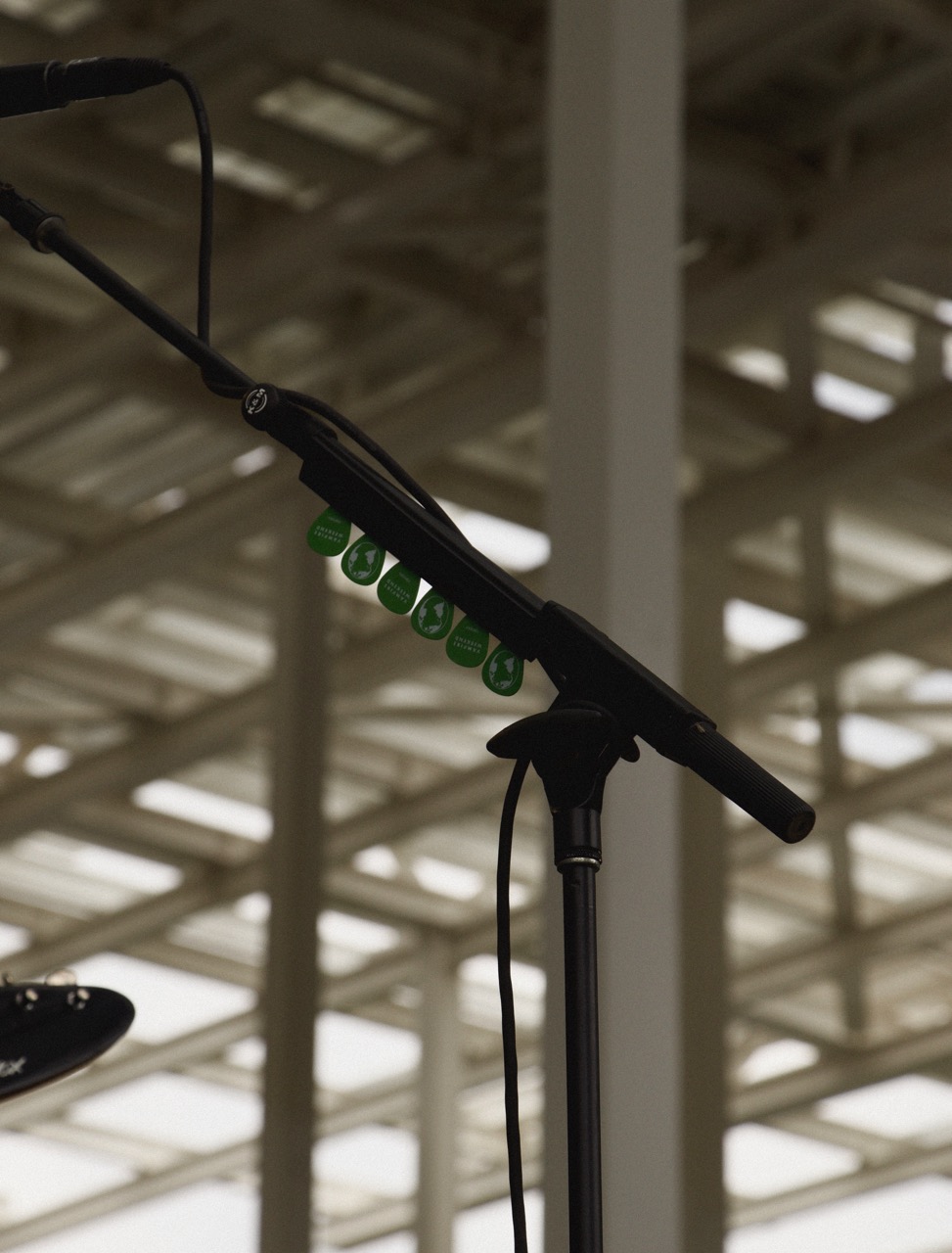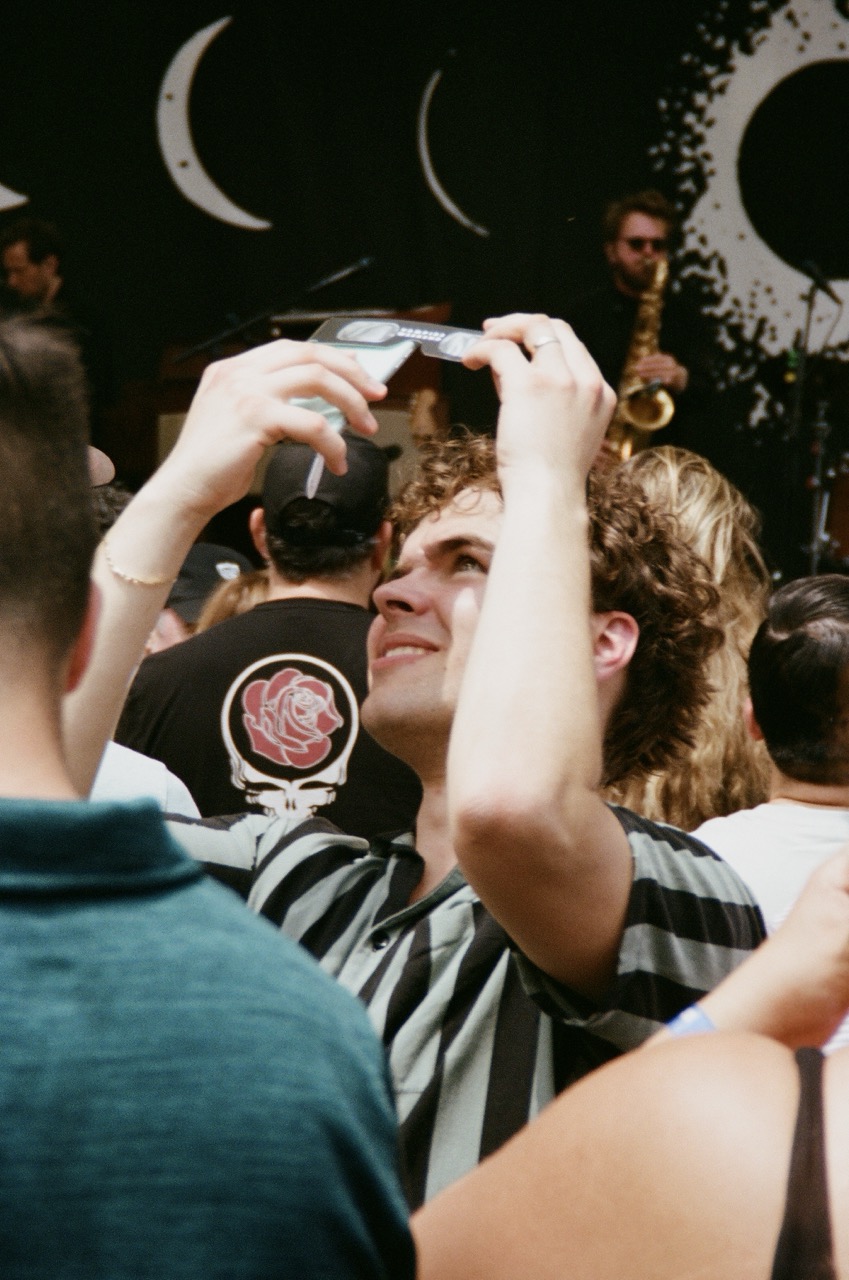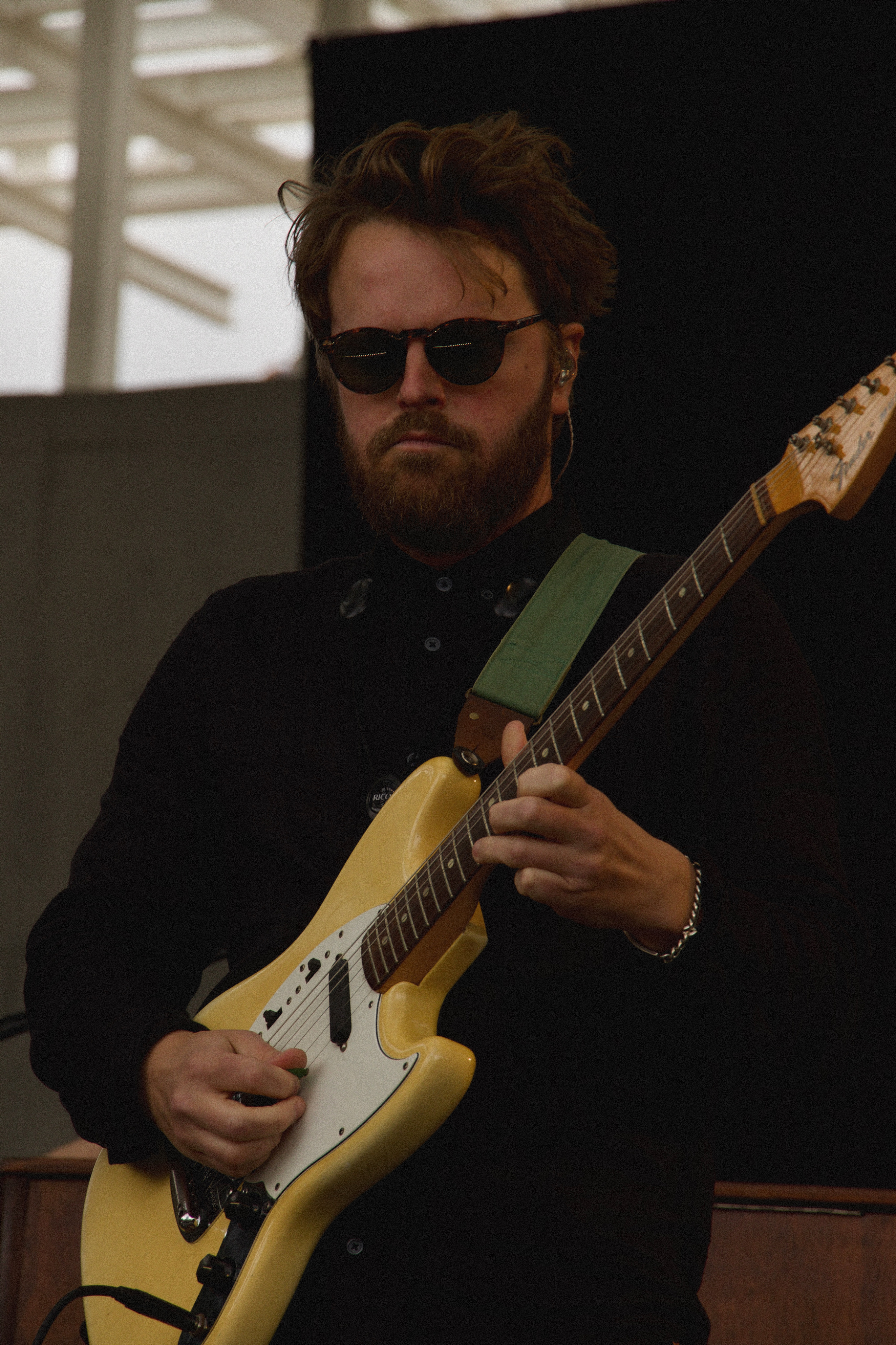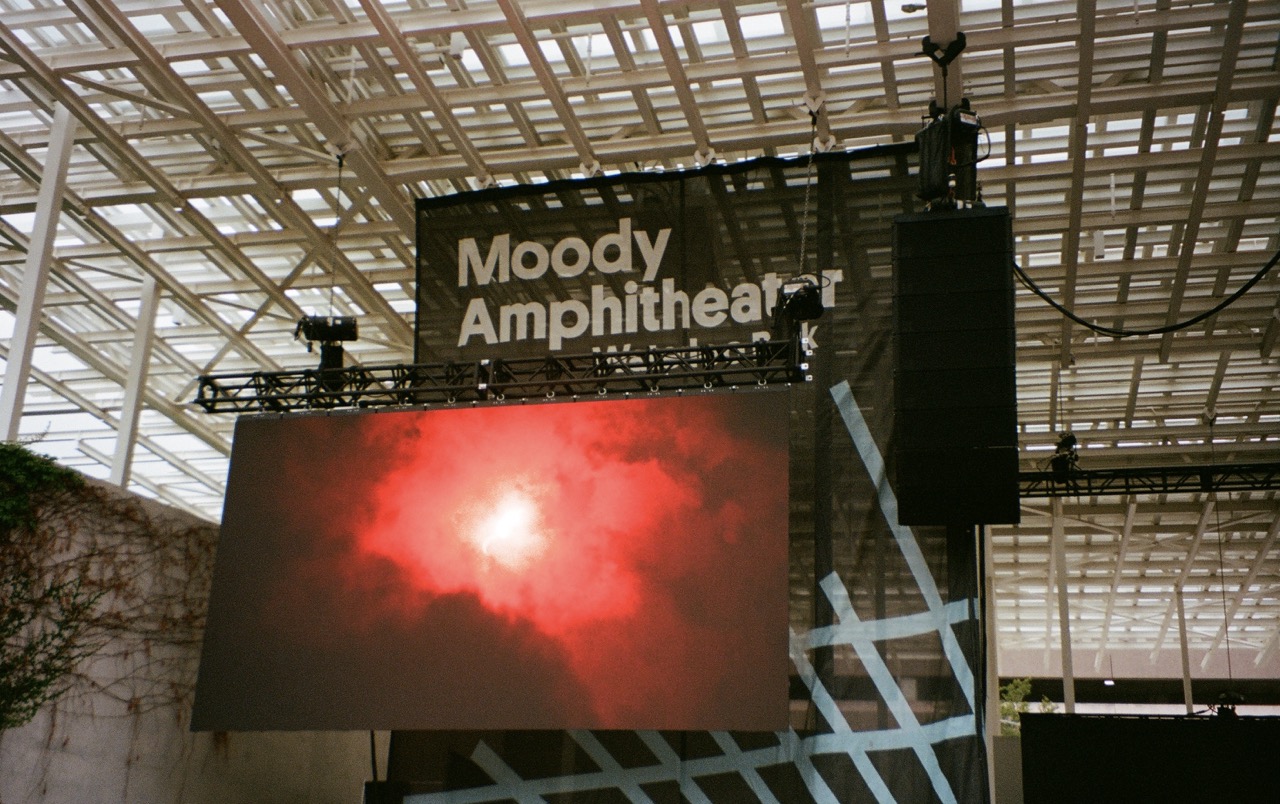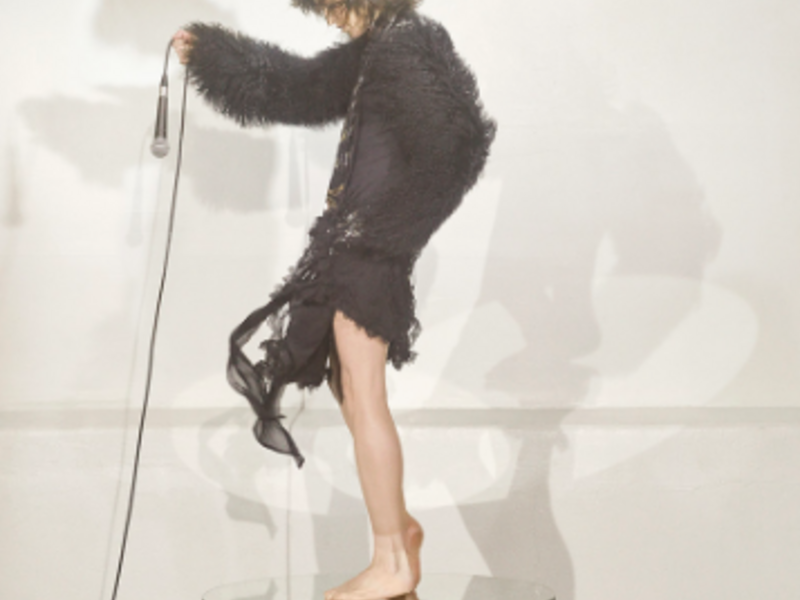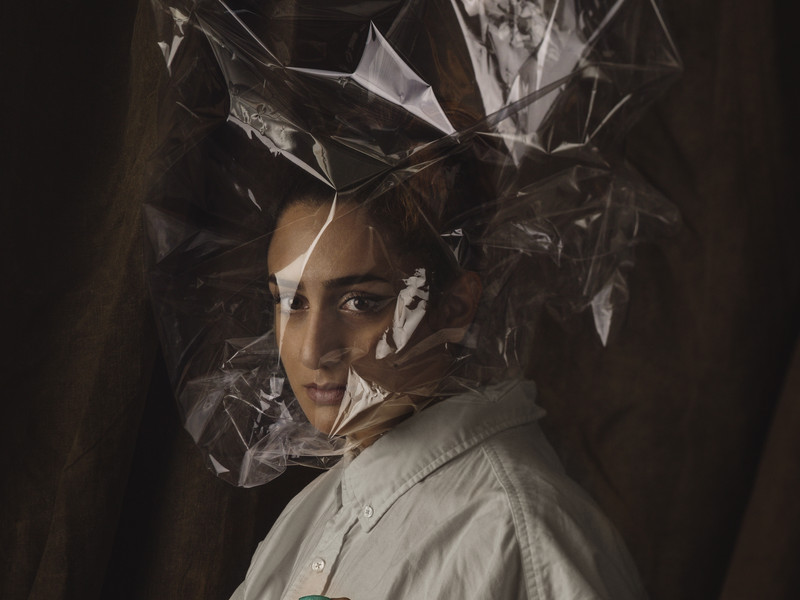Beach Fossils Remains a Trailblazing DIY Band
Back then, I was an insufferable, pretentious asshole who based my entire music taste on the post-punk influenced dream-pop Brooklyn scene of the 2010s dominated by Captured Tracks, an independent record label founded by Mike Sniper. While a tween across the country, miles away from the epicenter, I desperately wished to be at the label’s 5-year anniversary party at The Wick, a now defunct venue in East Williamsburg. It seems to be the only time Shitfather existed — a cover band created by signed all-stars Mac DeMarco, Zachary Cole Smith of DIIV, Jack Tatum of WIld Nothing, and Dustin Payseur of Beach Fossils.
In 2008, Payseur, filled with naive dreams of making it in music, relocated from North Carolina to New York City. There were no other backup plans, no considerations of giving up. It was his wide-eyed hope that got him to where he stands today — as the mastermind behind Beach Fossils, a critically acclaimed band at the forefront of atmospheric indie-rock. Today, they released their fourth album on Payseur’s own record label Bayonet — or fifth, if you count the jazz piano ballad covers of their previous songs. And here I am, two years out of college, listening to Bunny thinking shit, this is still good music.
As soon as our Zoom conversation started, Payseur reminisced about the early years of the band, saying, “There’s a feeling of lawlessness, where it feels self-governed. When you're playing a big venue with huge staff and a lot of rules, the whole thing feels buttoned up. But when it's something run by the scene for the scene, there's an energy in the room that you can't beat.” Waves of sweaty bodies colliding, stoned crowd surfers, and melancholic melodies echoing through blown-out amps at DIY venues like Death By Audio, Glasslands, and 285 Kent until the city cracked down on them, unable to accommodate their growing fan base. It’s a story we often hear about music scenes in New York, but this time it truly was special. To this day, they are still the best of friends, attending each other’s weddings and arranging playdates for their toddlers. "We became close because we were all starting out at the same time. It was a first for all of us—releasing records, going on tour. We shared a collective experience. We were doing it together, albeit separately."
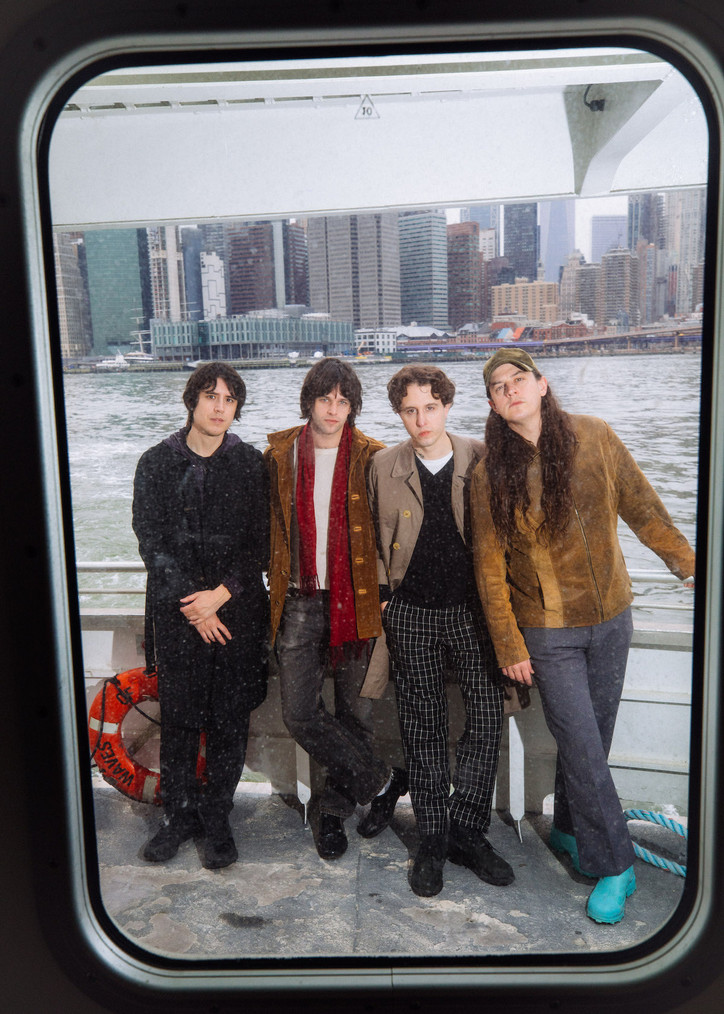
It's a Monday afternoon, following Beach Fossils’ Australian tour, and Payseur — who loves the coffee, food, and petting the kangaroos, although he thinks it’s “too invasive” to go in their pouches — has just woken up. He sits in his Brooklyn basement studio wearing a pair of bulky headphones over his unkempt hair. The perfect setup for those unexpected moments when the need to write music arises. It’s basically in his DNA. His grandfather is a Latin percussion artist who still performs live, his mother writes personal folk-rock inspired by Patti Smith and Neil Young, his father was in a band called Pompous Fuckheads with lyrics that satirize everything, and his older sister transformed his music taste from nu metal to 80s UK goth, industrial, and punk.
Inside Payseur’s studio is a small audience made up of Beach Fossils’ mascots: a panda, lamb, Gumby, Felix the Cat, and a vintage toy bunny. They keep him company as the process of working on music for sometimes 17 hours a day can become isolating. The bunny, with its white fur, bright blue eyes, rosy cheeks, and alerted ears, is the tallest among them. Payseur found her on eBay while searching for things to draw in an attempt to expand his artistic skills. Immediately upon seeing her, he knew she would be the next album cover. He shares his fondness of her, saying “It’s standing so proud — it’s vulnerable but strong, which goes back to the whole point of making music.”
Bunny remains familiar while pushing the boundaries of Beach Fossils’ origins. The album entangles the whimsical melodies of What A Pleasure and lush texture of Somersault with clear, delicate vocals in the choruses for the first time. Regarding his decision to push himself out of his comfort zone, Payseur says, “I wanted to make something that was pop music, but not in the traditional sense. Over the past few years, I found myself listening more and more to music where the chorus is a big moment that jumps out. I was inspired by that which is funny because it’s the most obvious thing, that’s like songwriting 101.” He then specifically cites Oasis’ “soaring choruses” as a point of reference. The outcome is an album that is dreamier and poppier than ever before while maintaining the nostalgic, jangly sound Beach Fossils is known for. Payseur admits, “I love those early Beach Fossils records and I'm also like that cliche, annoying person that says ‘I only like their early stuff’ about every band that I listen to. I know people say that about us all the time. I see it in the comments when we're putting out new songs. I know that feeling, I totally do — when your favorite band changes their sound, it sucks and you’re, like, ‘I want more of the stuff that I love.’”
Part of this growth is due to Payseur opening up the writing process to his long-term bandmates Jack Doyle Smith and Tommy Davidson. “Sometimes I get stuck and Jack and Tommy are good at knowing where things should go next. If I've already got something that's been worked on and I feel tapped out, they can come in and breathe new life into it,” Payseur says. This collaboration started with Somersault, the baroque-pop album featuring string and woodwind arrangements, as well as current drummer Anton Hochheim.
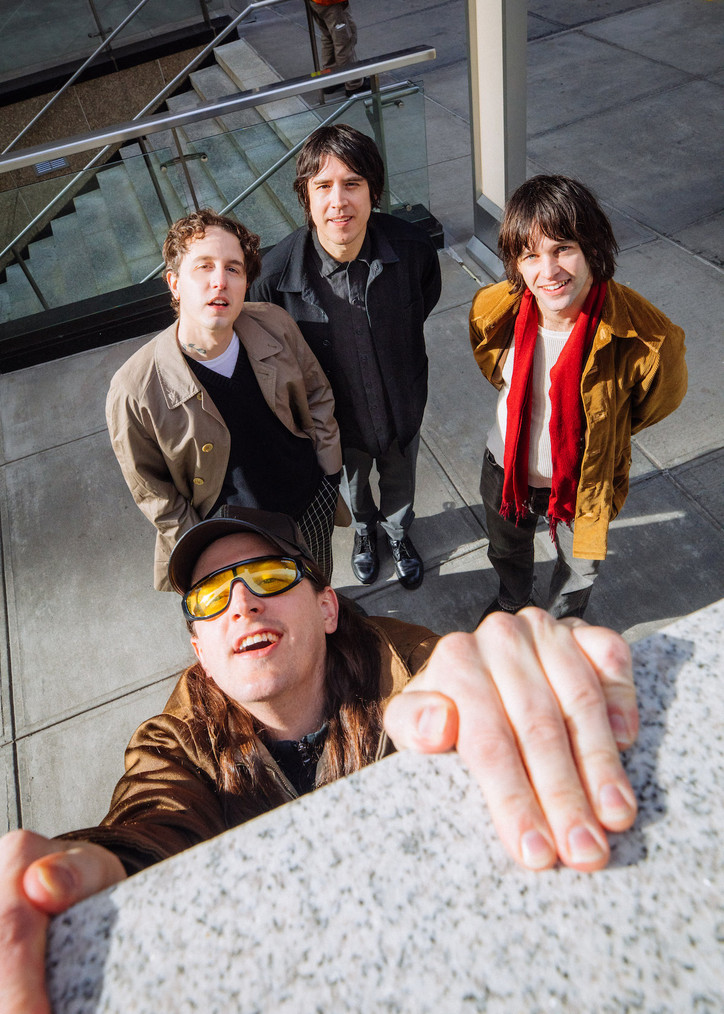
“It felt natural because I'm so close with them. They're my best friends,” he continues about their involvement. “When we're not on tour, practicing, or doing anything band-related, we're still hanging out all the time. The music is personal, but so are the relationships I have with them.” This is evident through their videos. “Run to the Moon” features Payseur and Smith running through Malibu Mountains buttnaked, which Payseur reveals was just part of their spontaneous day; “Seconds” is a compilation of tour footage from live shows to backstage play fights to karaoke nights. “We didn't go into it consciously being like, ‘we're going to write music together.’ It was from being on tour, always being together, practicing, and sound checking. We were constantly jamming and started taking voice memos, thinking ‘oh, this should just be a song.’”
Along with the newer, matured sound, Bunny contains Payseur's most vulnerable lyrics yet disguised in abstract, expressionist poetry. The themes of drugs, depression, love, and loss are presented with lyrics like, “Get me out of this place / ‘Cause if I don’t I feel like I may drown / Tough / Love / Drink / Drunk / You’re still on my mind / Turn away / And leave it all behind” and “Coffee and Ativan / My thrills are getting cheap I spend all day in bed / I dream but I can’t sleep / Anything is lost / Anything is free / Anything is anything / To me.” Payseur shares, “I talk a lot about my mistakes because it's a way that I learn and grow, so I can listen and see it from an outside perspective. Those are the things that are universal — we're constantly making mistakes and that's what life is. If I'm honest about this, other people are going to hear it and there's going to be a way that we can grow collectively, which is beautiful.” Although this time around, he found it a bit harder to commit to this candidness as he is now a father. “She's going to grow up listening to these songs and when she’s old enough to understand what I'm talking about, she's going to have questions. That'll probably start a healthy dialogue, but at some points, I was wondering if I should take this lyric out or change that because I don't want to say something that I'm going to potentially regret, have to explain in a way that I don't know how, or set a bad example.”
Entering fatherhood may seem like it would interfere with maintaining a band, but this new chapter actually helped Payseur with his writing process. Behind him in the studio is his daughter's basketball hoop. He threw balls into the hoop while randomly singing with Bunny’s instrumental on loop. When something good came out, he’d run to the mic, record the lyric, then continue dunking. She also rejuvenated his emotional connection to music. “There was a while — from years of touring, being in the music world, having a label, having a wife that works at a label, and having all of my friends in bands — I started to get jaded with music. Sometimes I can become a hater, and I get to a point where I'm like, ‘everything sucks, there's too much music, we need to chill, I'm done.’” Payseur shares, “I'm constantly playing [my daughter] music all the time — every single genre I can imagine and everything that I love. Seeing how it resonates with her is almost like seeing the music I love from a new perspective and having a new relationship with it. When I sit down to write a song it makes me feel more intentional.”
With guitars like Beach Boys’ “All I Wanna Do,” Cocteau Twins’ “Lorelei,” and The Jesus and Mary Chain’s “Dirty Water,” Bunny proves that Beach Fossils has always been more than just a part of the Brooklyn scene. The album is a continuation of current underground bands experimenting with pop and pop acts experimenting with underground sounds. In Payseur’s own words, “Bunny is the past six years of my life rolled up into twelve songs — honestly, I don’t even know how many songs there are. I should know. I’m fucking up my own quote.”
